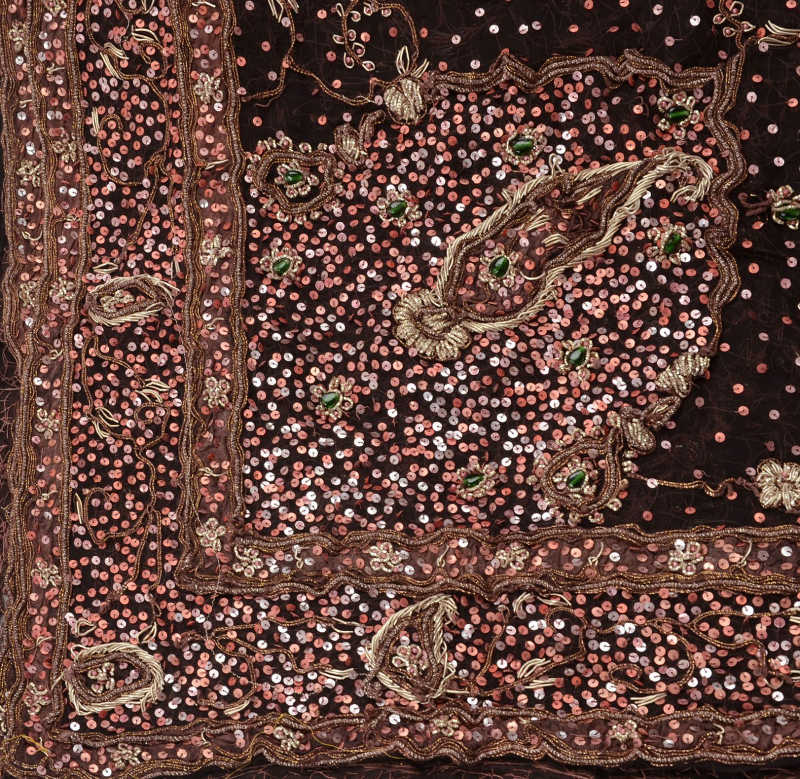===
0944,
6
===

=== |
 |
chitvan : 'Sight, look, glance; appearance, aspect'. (Platts p.424)
FWP:
SETS == KYA
MOTIFS == GAZE
NAMES
TERMSThis verse owes its power almost entirely to the initial strong invocation of the 'kya effect'. The readings can range from the naively glowing ('What a wonderful thing it is...!) to the sinister ('What an ominous thing it is...!'), with special power in this particular verse emanating from the question ('What does it mean...?').
I confess that my own favorite reading is the ominous, paranoid one, as highlighted in
{775,5}.
And here's my own choice of a verse of Ghalib's for comparison; it's one that highlights the need to be suspicious of the beloved's show of affection:
G{62,1}.